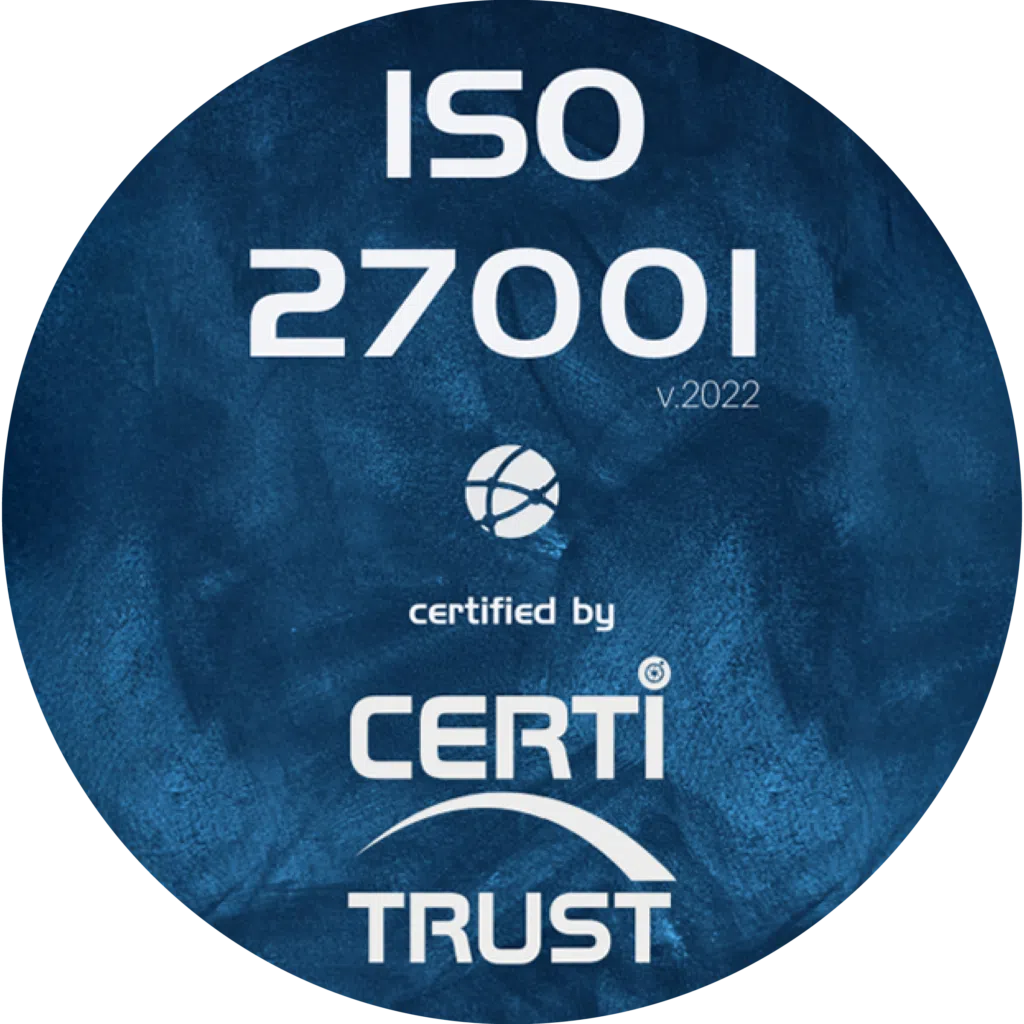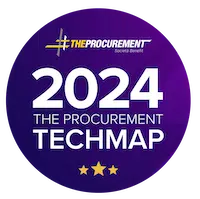Why is a supplier contract essential?
A supplier contract formalizes the business relationship between two parties. It outlines commitments, responsibilities, delivery and payment terms, penalties, and renewal or termination conditions.
- Legally frame purchases.
- Avoid misunderstandings or deviations.
- Protect the company in case of disputes.
- Efficiently manage supplier relationships.
- Provide a clear framework for internal or external audits.
Mandatory clauses in a supplier contract
-
Contracting parties
Name, address, registration number, and legal representative of each party. Proper identification avoids any dispute over competence or liability.
-
Purpose of the contract
Type of goods or services purchased, expected volumes, and quality. Clearly stating these ensures proper execution.
-
Pricing and payment terms
Prices excl./incl. taxes, revision terms, payment deadlines, and penalties for delay (as per Article L441-10 of the French Commercial Code).
-
Delivery terms
Deadlines, Incoterms, delivery locations, logistics responsibilities, and conditions for receipt and claims.
-
Duration, renewal, and termination
- Clearly defined start and end dates.
- Automatic renewal clause: a risk if not tracked via alerts or tools.
- Early termination terms (notice period, conditions).
-
Legal clauses
Confidentiality (NDA), GDPR compliance, intellectual property, force majeure, and jurisdiction clause.
-
Stakeholders and roles
Identify operational contacts, supplier contact, procurement manager or legal referent.
Risks of poor contract management
- Unanticipated automatic renewals.
- Outdated data: contacts, commercial terms, deadlines.
- Disputes due to unclear clauses.
- Financial losses from non-renegotiated agreements or lack of competition.
- Lack of compliance: no clear documentation during audits.
Concrete example: An SME automatically renewed a €250k logistics contract due to a missed deadline alert. Cost increase: +15% compared to the new intended supplier. Poor visibility on future commitments led to significant overspending.
How to optimize supplier contract management?
1. Centralized digital contract library
A tool like Weproc offers:
- Centralized access to signed, updated, and organized contracts.
- Custom alerts ahead of expiration (30, 60, 90 days).
- Automatic status updates: active, to be renegotiated, expired.
- Direct link between contract, order, product, supplier.
- Native integration with e-invoicing.
2. Integration into SRM (Supplier Relationship Management)
A reliable supplier database is essential: see the Weproc feature.
- Complete history of interactions.
- Centralized contractual and supporting documents.
- Visibility on performance (e.g. product/service quality, delivery date tracking) and contractual commitments.
3. Tracking discussions and amendments
Track all negotiations, addenda, changes—who, when, why. Ensure transparency and compliance. Collaborate with all stakeholders in an open ecosystem by tagging relevant parties.
4. Automate follow-ups and reminders
- Pre-configured supplier follow-ups.
- Standardized emails for consistent communication.
- Internal notifications to review or renew contracts.
- Archived reminder history for audits.
Example: A small company avoided renewing its insurance contracts thanks to J-60 alerts, renegotiating and saving 12% annually.
Best practices for efficient contract monitoring
- Appoint a contract owner (CFO, procurement officer).
- Use an up-to-date contract template (download here).
- Define a validation workflow for each contract category.
- Organize contracts by supplier, category, amount, or duration.
- Regularly update data and contract statuses.


FAQ
What is an automatic renewal clause?
It stipulates that the contract is automatically renewed unless notice is given beforehand. Requires close monitoring of expiration dates.
How can you avoid missing renewals?
A digital contract library with automated alerts enables timely reminders and action on expiring contracts.
Can a contract be linked to orders in Weproc?
Yes, Weproc allows linking each contract to an order or product for precise operational tracking.
Conclusion
Formalizing and properly managing supplier contracts is a performance driver for procurement and finance teams. Digitizing this process means greater visibility, responsiveness, and peace of mind.
With Weproc, you benefit from an intuitive platform, tailored validation workflows, a contract library connected to your purchasing processes, and advanced SRM features.
👉 Discover Weproc: the intuitive contract library for seamless Purchase-to-Pay
Want to learn more about our Weproc procurement management software?
Contact us or request your 15-minute demo below!








